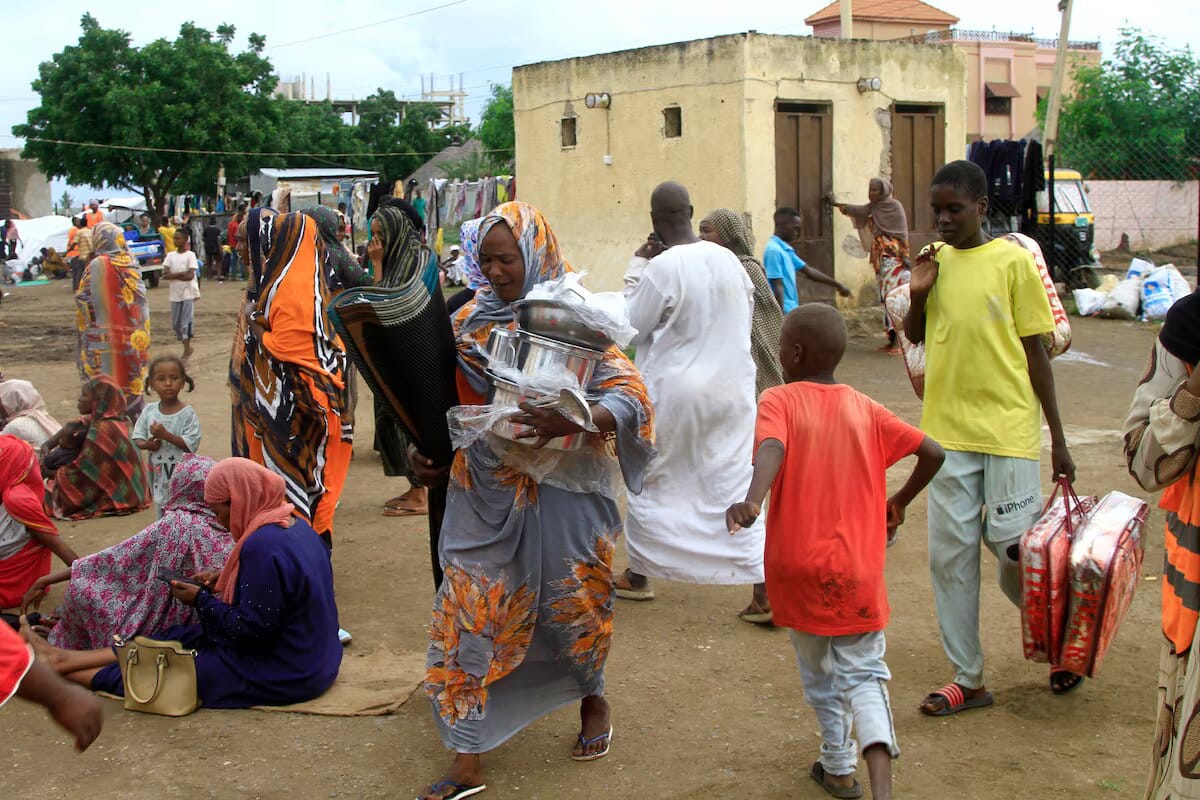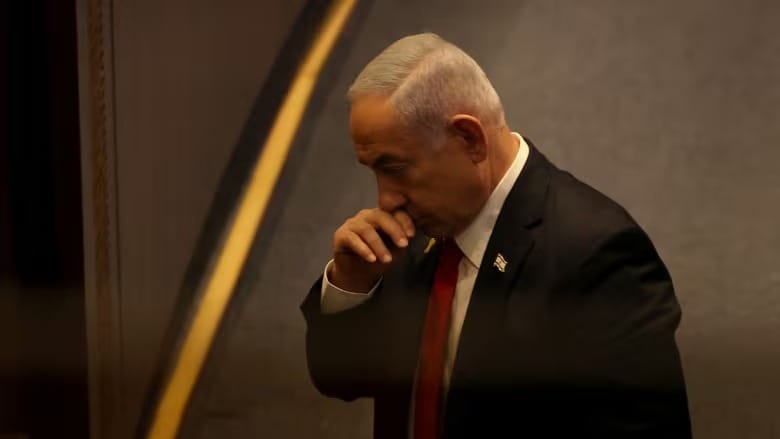Despite weeks of peace negotiations, terrible battles in Sudan and the Congo show no signs of ending
Recent reports from Congolese news media indicate intense fighting between the M23 militia and government-allied forces in several villages within North Kivu province, a region heavily affected by the conflict.

Efforts to end the fighting in Sudan and the Democratic Republic of the Congo have faced significant setbacks, with recent peace negotiations yielding little progress and ongoing violence.
Diplomats and international mediators have been working to resolve the conflicts in these two regions, but their efforts have yet to produce a breakthrough.
The fighting continues in both Sudan and the eastern part of the Democratic Republic of the Congo, casting doubt on the prospects for a swift resolution.
On August 14, the United States hosted diplomats at a ski resort near Geneva, aiming to secure a ceasefire and facilitate humanitarian aid access for Sudan.
Despite 10 days of discussions, the talks concluded without reaching a ceasefire agreement. However, an agreement was made to open two new humanitarian supply routes.
Sudan’s military, engaged in a protracted conflict with the paramilitary Rapid Support Forces (RSF) for over 16 months, declined to participate in the Geneva talks and has shown little interest in future negotiations.
Sudanese army chief Abdel Fattah al-Burhan stated, “We will not go to Geneva. We will fight for 100 years. … We will not co-exist with the rebels and we will not forgive them.”
Mediators, including representatives from Middle Eastern countries and international organizations, expressed disappointment over the Sudanese army’s absence, noting that it limited their ability to make substantial progress on critical issues, particularly achieving a national cessation of hostilities.

In eastern Congo, clashes between the Congolese military and the Rwandan-backed M23 rebel militia have persisted despite a ceasefire that was meant to start on August 4.
Peace talks led by the Angolan government in Luanda have been ongoing for months, but agreements have frequently been breached by the forces involved.
Recent reports from Congolese news media indicate intense fighting between the M23 militia and government-allied forces in several villages within North Kivu province, a region heavily affected by the conflict.
The wars in Sudan and Congo have caused severe humanitarian crises, with massive numbers of refugees and internally displaced people enduring dire conditions. In Sudan, the conflict has resulted in an estimated 150,000 deaths, according to U.S. diplomats.
The war has displaced around 10.7 million people, making it the world's largest displacement crisis by total numbers. Of these, approximately two million have sought refuge in neighboring countries.
Over 26 million people in Sudan, more than half of the population, are facing acute hunger, with some areas experiencing famine, as reported by United Nations agencies.
Negotiations in Switzerland led to an agreement to reopen humanitarian access through the Adré border crossing between Chad and Darfur.
However, after the first aid convoy entered Sudan, the flow of supplies was briefly halted by government officials before resuming, highlighting the fragile nature of the agreement.
Médecins Sans Frontières (Doctors Without Borders) stated that heavy restrictions from both warring parties have significantly hampered aid delivery. Since the conflict began, MSF has treated nearly 35,000 acutely malnourished children in Sudan, but a rising number of children are dying from hunger.
MSF’s emergency coordinator in Darfur, Tuna Turkmen, noted that aid is often blocked or delayed, citing incidents where MSF supplies were seized or obstructed.
The war has severely damaged Sudan’s health system and infrastructure. Recent flooding in eastern Sudan, exacerbated by torrential rains and a burst dam, has destroyed five villages and resulted in numerous casualties. A
dditionally, a new cholera outbreak has claimed at least 28 lives across the country, including in overcrowded refugee camps.

In eastern Congo, the situation in rapidly expanding displacement camps is similarly dire.
Over two million people have been displaced by the M23 conflict, leading to overcrowded conditions that facilitate the spread of mpox, formerly known as monkeypox.
The outbreak has caused hundreds of deaths, with the full scale of the crisis obscured by inadequate testing in the camps. In areas controlled by M23, medical teams struggle to access and provide care for suspected cases of mpox.





